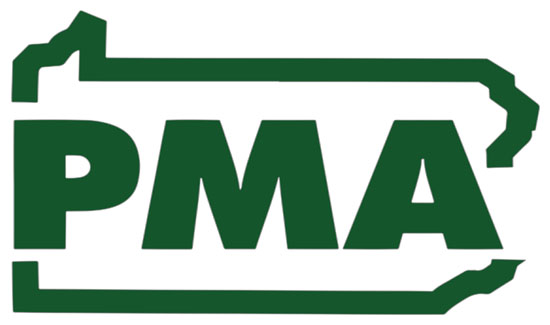No Better Time to Improve PA Business Tax Climate

On February 8, Governor Tom Wolf will have billions of reasons to ask lawmakers to send him legislation that cuts business tax rates, and not legislation to increase them; unlike his previous requests, which were rejected by the General Assembly in each of his first seven budget proposals.
State revenue collections are estimated to run $1.5 billion over expectations when the fiscal year ends on June 30. The state is also awash in billions of unspent pandemic dollars.
A group of deserving improvements are already on the move in the House. Last week the House Finance Committee teed up a handful of bills that would not only incentivize small business to expand and create jobs, but tug Pennsylvania’s tax structure a little further toward a modern, competitive one. The House could take up the bills as early as next week.
“These pro-growth tax improvements constitute a real investment to allow the private sector to create well-paying jobs and help expand the economy,” said PMA President & CEO David N. Taylor. “A short-term sacrifice of revenue today can bring about a broader, more-dynamic economy in just a few years.”
Another plus about the bills, nearly identical to a package that Eric Nelson (R-Westmoreland), Jim Cox (R-Berks/Lancaster), and Seth Grove (R-York) introduced last session, is that they are well suited to be assessed using dynamic scoring; a model for analyzing the budgetary impacts of policy changes, which the General Assembly approved last year.
One of the bills, HB 333, said its sponsor Rep. Nelson, “practically screams dynamic scoring.”
“A lot of us here look at only what something like this means in terms of money coming to Harrisburg this year,” he said. “What they are not looking at is what it means in future years after the investment is made and the jobs are created.”
The legislation mirrors the 2017 federal changes in the Tax Cut & Jobs Act, which increased the allowable deduction under Section 179 of the Internal Revenue Code from $500,000 to $1 million for the cost of certain property when it is placed into service.
In Pennsylvania, the maximum deduction is a meager $25,000 for pass-through companies, which pay the Personal Income Tax rate and not the corporate one. The change would have a significant impact on job creation. NFIB Pennsylvania says that 75 percent of its members are structured as pass-through companies.
“This means that 75% of NFIB’s membership cannot utilize section 179 expense deductions of more than $25,000, while larger corporations can utilize the full $1,050,000 that is currently in place for 2021,” an NFIB analysis of the bill said.
Another bill, HB 105, sponsored Jim Cox (R-Berks/Lancaster), would allow for a personal income tax deferral when property is exchanged for similar property, commonly referred to as a “like kind” exchange. Pennsylvania is the only state that doesn’t allow it. The NFIB said that the legislation would enable Pennsylvania to offer a level playing field for businesses looking to expand their investment or to relocate to the Commonwealth.
And another bill, HB 1960, sponsored by Rep. Joshua Kail (R-Beaver) would make Pennsylvania tax law more consistent with federal law. The bill would allow a deduction against taxable income in subsequent tax years for up to 80% of taxable income, rather than the current 40% allowed by Pennsylvania law.
“While none of these bills will save a struggling small business, each provides more parity with the federal government and with our neighboring states,” said NFIB State Director Greg Moreland. “Small business owners are not looking for a handout, they are looking for a level playing field. For far too long Pennsylvania has ignored Main Street tax reform, resulting in a poor business climate. The pandemic has only exacerbated the tax issues, forcing many business owners to close their doors.”
The Democrats on committee largely opposed the bills citing the Department of Revenue’s concerns about the loss of tax dollars.
A dynamic scoring approach offers another point of view and an infinitely more positive one. The 2017 federal Tax Cuts & Jobs Act, which lit up the economy, was based in part on a dynamic scoring analysis by the Congressional Budget Office.
“An investment in an HVAC upgrade, a concrete truck, a new machine means jobs,” Nelson said. “Businesses aren’t asking Harrisburg for anything; they are just asking not to be penalized for investing in themselves.”







